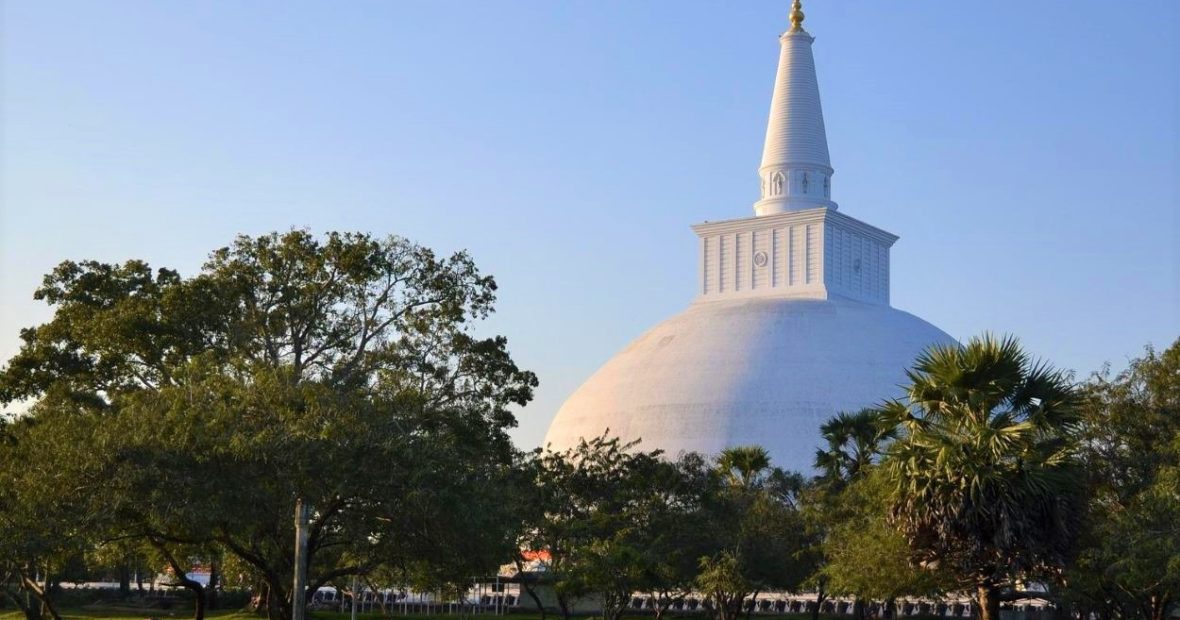This article by esteemed Sri Lankan scholar Professor Asanga Tilakaratne argues that, within Buddhism, the ethics of lay Buddhists aiming for better rebirths within the round of rebirths (samsāra), and those of nirvana seekers – mainly monastics – aiming to transcend it should be distinguished. While the ethics of the nirvana seeker has no place for war and violence, the worldly concerns of lay Buddhists allow some engagement in defensive wars while seeking to minimize suffering, in line with international humanitarian law (IHL). ‘Meritorious’ acts are ‘good’ by worldly standards but are not the same as a nirvana-seeker’s ‘skillful’ (kusala) action, which should always be non-violent. This is not to say, however, that lay Buddhists, including belligerents, might not also perform some genuinely skillful actions.
Professor Asanga Tilakaratne has been a key supporter of the ICRC project on Buddhism and IHL, and the first draft of this important article contributed to setting the terms of debate at the ICRC conference in Dambulla in 2019.
Professor Asanga Tilakaratne is Emeritus Professor of Pali and Buddhist Studies at the University of Colombo, and the Founding Chairman of Damrivi Foundation. He obtained his BA in Buddhist Philosophy from University of Peradeniya, Sri Lanka, his MA in Western Philosophy and his PhD in Comparative Philosophy at University of Hawai’i, and was a Commonwealth Fellow at the University of Oxford. He has published extensively on Buddhist philosophy, philosophy of language, philosophy of religion, practical ethics, contemporary social and political issues, Buddhist epistemology and logic, and inter-religious understanding. He is currently Editor-in-chief of the Encyclopaedia of Buddhism, Government of Sri Lanka.
Please read the article here.

